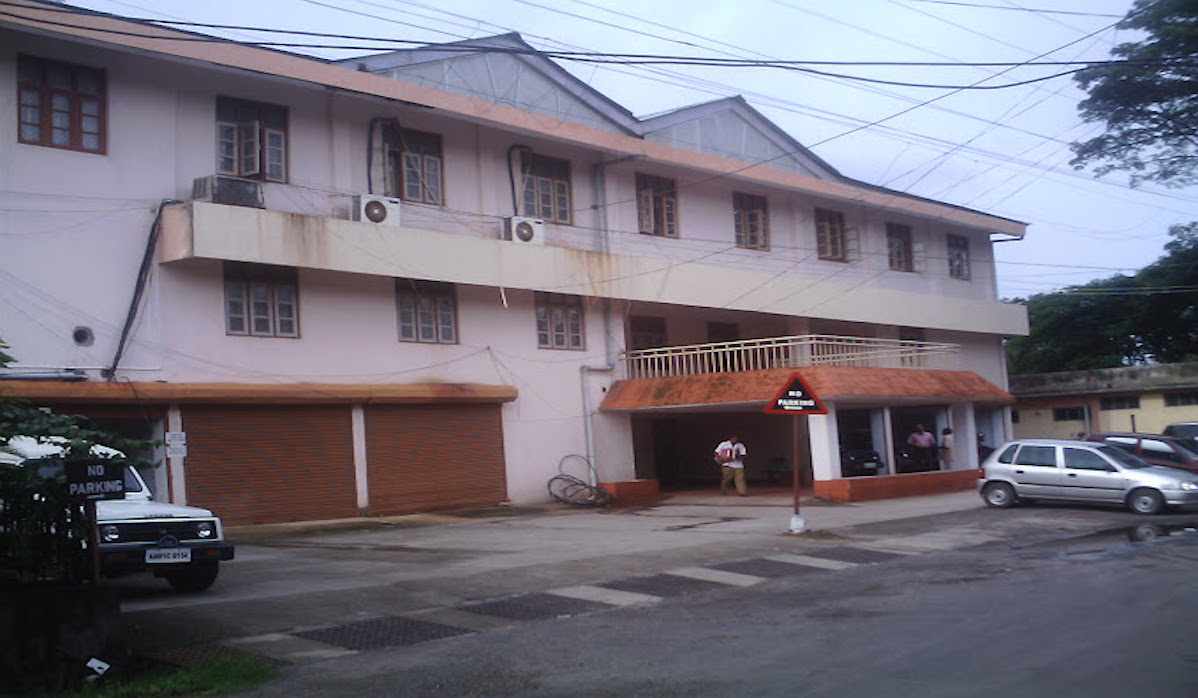Tarun Karthick
Port Blair, 07 June 2024
In a significant move to standardise and improve healthcare services across the nation, the Government of India has enacted the Clinical Establishment (Registration & Regulation) Act, 2010. This legislation mandates the registration and regulation of all clinical establishments, including hospitals, nursing homes, single-doctor clinics, and diagnostic centres, in both the government and private sectors. The Act aims to ensure minimum standards of facilities and services, including detailed specifications for personnel, aligning with the constitutional mandate under Article 47 to improve public health.
The primary goal of the Clinical Establishment Act is to foster uniformity and transparency in the provision of healthcare services. By creating a standardised framework, the Act seeks to ensure consistency and reliability across all clinical establishments in India. This is expected to significantly enhance patient care and safety.
Despite the enactment of this legislation, the presence of unqualified practitioners and the sale of counterfeit drugs continue to pose serious threats to public health. Quack doctors, who lack the necessary qualifications and expertise, endanger the lives of patients by providing unsafe and ineffective medical care. Similarly, counterfeit drugs not only risk the health of individuals but also undermine the integrity of the healthcare system.
To combat these issues, the Act empowers the District Registering Authority to take stringent actions, including imposing penalties and shutting down establishments that violate its provisions. According to the Andaman and Nicobar Gazette Notification No. 44 dated March 6, 2013, under Rules No. 8 Penalties & Appeals, penalties for violations include substantial monetary fines.
Specifically, any individual or entity operating a clinical establishment without registration will face a monetary penalty of up to fifty thousand rupees for the first contravention, up to two lakh rupees for the second contravention, and up to five lakh rupees for any subsequent contraventions. Additionally, anyone knowingly working in an unregistered clinical establishment will be subject to a monetary penalty of up to twenty-five thousand rupees.
The general public is urged to assist in the enforcement of this Act by reporting instances of unqualified medical practitioners and the sale of counterfeit drugs. Information can be shared with the District Registering Authority or the District Administration of South Andaman District to facilitate necessary actions as mandated under the Clinical Establishment (Registration & Regulation) Act, 2010.
This collaborative effort between the government and the public is crucial to ensuring the safety, efficacy, and integrity of the healthcare system in India. The enforcement of this Act is a step towards achieving a healthier and safer society.

